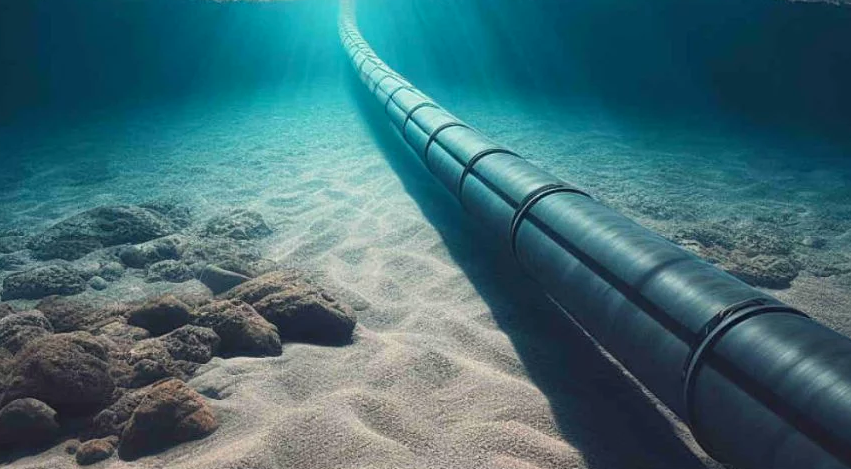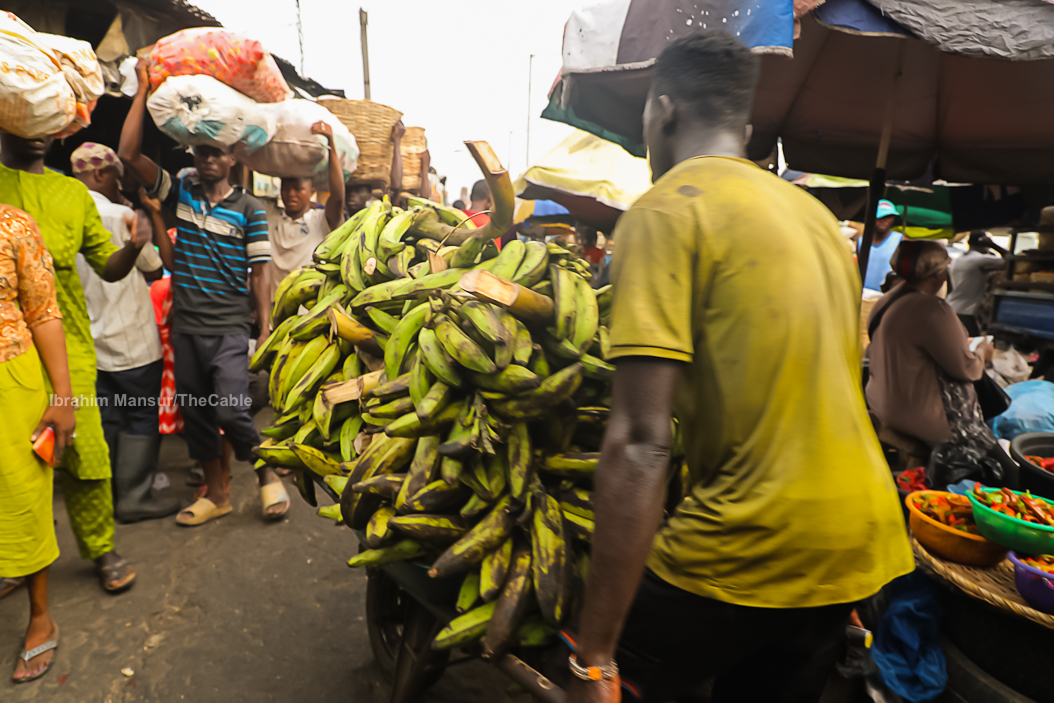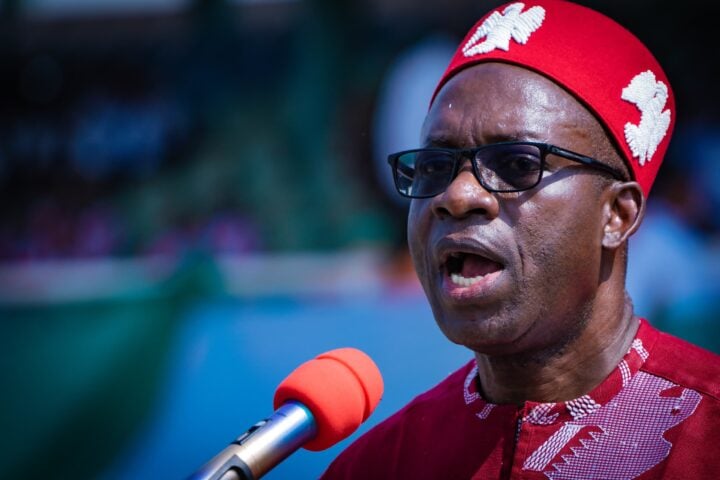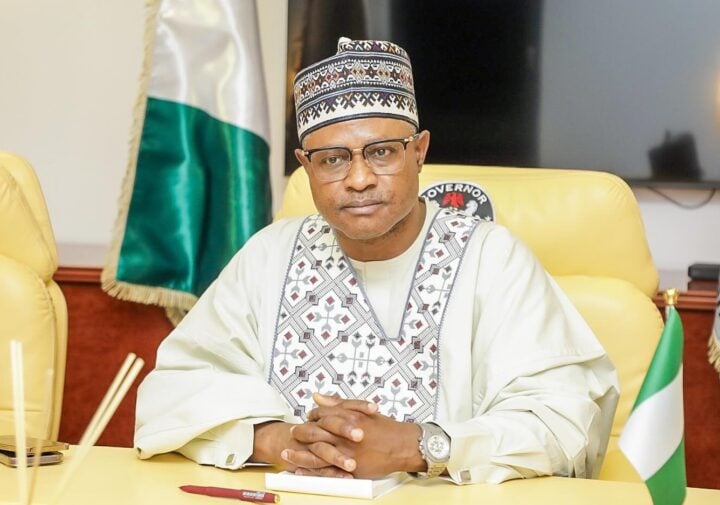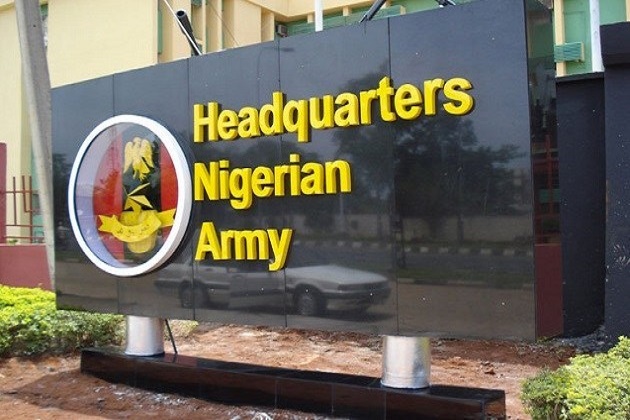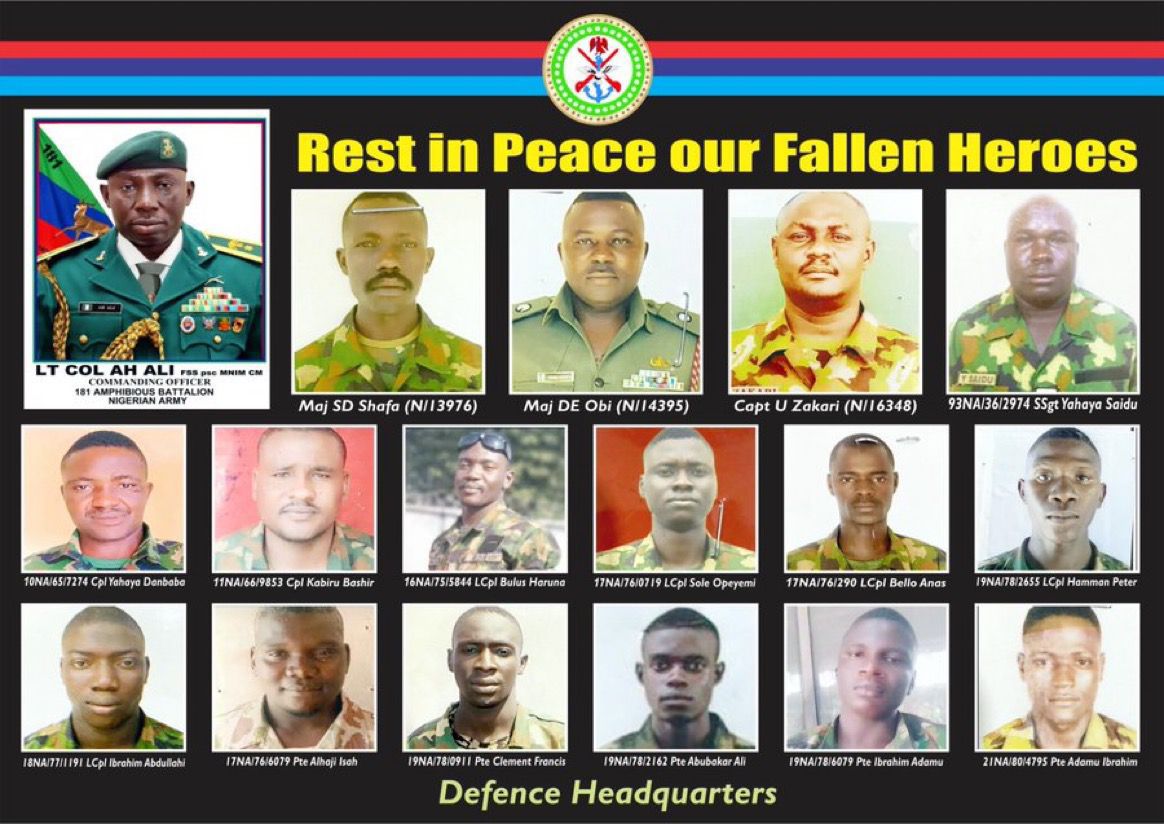Faced with terribly hot weather that was complicated by the dearth of power supply across the nation, quite a number of phone users and big corporate players really got distraught last week when voice and data services simply went down. Tension spiked some more especially when this was happening at a time that food inflation was hitting over 37 per cent, with the troubling implications that the percentage of Nigerians able to afford a decent meal has further plunged.
Things just really seem to go awry always. Nigeria seems to be happening to us all the time and the escape route looks inexorably sealed. No food. No light. Crazy heat. And now the internet is gone, not only making life difficult for people involved in online transactions and social media activities but even for the ordinary folks who, with very little data, can engage in non-stop internet voice communications.
The financial institutions got a serious shaking and the little point of sale operator (PoS) by the street corner would not understand why transactions were failing. Some kind of inconvenient truth was emerging which nobody was ready to accommodate. Perhaps we could take everything that was thrown at us but not the failure of phones and the internet or even the dreary thoughts of returning to the banking halls for a transaction that could be processed seamlessly from the disappearing comfort of our homes.
The first win here was for the Nigerian Communications Commission (NCC), the telecoms regulatory agency, which released a statement immediately, explaining that an underwater cable damage somewhere in Cote d’Ivoire and Senegal was responsible for service disruptions in some West African countries, including Nigeria..
Advertisement
In the statement titled, “Undersea Cable Cuts Disrupt Data, Voice Services along African West Coast, NCC informed that “A combination of cable cuts, resulting in equipment faults on the major undersea cables along the West African Coast, have negatively impacted on data and fixed telecom services in several countries of West Africa, including Nigeria, Ghana, Senegal, Côte d’ Ivoire, among others.
“The cuts occurred somewhere in Côte d’Ivoire and Senegal, with attendant disruption in Portugal.
“Cable companies – West African Cable System (WACS) and African Coast to Europe (ACE) in the West Coast route from Europe have experienced faults while SAT3 and MainOne have downtime.”
Advertisement
It was a cocktail of undersea cable damages, according to the NCC statement, as other cables like Seacom, Europe India Gateway (EIG) and Asia-Africa-Europe (AAE1) have at some points suffered cuts leading to degraded services. Not a pleasant time at all.
The other major win went to MainOne, the Nigerian company founded by digital exponent, Funke Opeke, which was snapped up for $320m by global digital infrastructure company, Equinix, in early 2022. Without denials, prevarications or even equivocations, MainOne declared a force majeure – an unexpected and disruptive event that may operate to excuse a party from a contract. That’s the way the dictionary puts it.
When we were in secondary school, we were told by our Economics teacher that force majeure could be caused by natural disasters, acts of war, unforeseen human activities and much more. In a subregion without earthquakes, hurricanes or even volcanoes, human destructive activities were more likely. So, people speculated. But not MainOne who promised to restore services within weeks, although fixing the problem was going to be a complex operation.
“We believe it is important to inform our customers of the fault details given the magnitude of the situation in order to set expectations and make contingency arrangements while the repairs are ongoing,” MainOne alerted.
Advertisement
The company immediately took responsibility which is indicative of my belief that the telecommunications sector still works irrespective of the persistent assault by some highly placed government personalities in the past eight years. Nobody abnegated responsibilities; not the NCC, not the MainOne company.
You don’t want to juxtapose this with the power sector where nobody seems to be in charge or even be bold enough to accept responsibility for the sector which remains a complete disaster in it’s wooliness.
For years, we were told the capacity for the sector is 12,000 megawatts of electricity. Only about 4000 megawatts is transmitted to the marketing companies who, on their own, are doing less than 3000 megawatts to their customers at the moment. The nation is not only in darkness but development activities remain at Stone Age era.
And we deceive ourselves! The biggest economy in Africa. But just look down south. South Africa generates 58,095 megawatts of electricity from all sources, according to the Ministry of Mineral Resources and Energy, for a population of 60,845, 480, based on Worldometer estimates.
Advertisement
Nigeria’s population is estimated at 227,513,006, based on United Nations projection since our country has not developed the capacity to conduct a reliable census! Over N200bn was shelled out for one recently, and nobody is punished for failures and criminal activities. Compare the energy output between Nigeria and South Africa, and we are decades apart!
In telecoms, Nigeria can match any country in the world. The industry remains our best foot forward. Right from the year 2001, telecoms is one field Nigeria can speak and the world listens.
Advertisement
Proof. As I write this material, the NCC on Monday said about 90 percent of services have been restored. Really, the problem has really been nearly resolved.
“Following the disruption of March 14, 2024, which affected data and voice services due to cuts in undersea fibre optics along the coasts of Côte d’Ivoire and Senegal, we are pleased to announce that services have now been restored to approximately 9 percent of their peak utilisation capabilities,” the Commission enthused.
Advertisement
This means that since the date referred, the NCC has worked closely with the operators to ensure that a quick solution was provided to resolve the cable nightmare. This is what agile regulation stands for, being nimble in providing regulatory answers to complex problems of the industry, and scoring well even when a perfect score is nigh impossible.
One other little lesson I think we have all learnt. The telecommunications industry is not just about the service providers, subscribers, base stations, underground cable and all that. It goes beyond that. The industry builds it’s nexus of activities on so many platforms, including the belly of the oceans – home to the undersea cables and the outer space which houses the satellites, both low flying ones and those domiciled at the geostationary orbit.
Advertisement
The cable cut in the West African region is a timely reminder that global peace is needed for humanity to carry on with its trade and that interconnections and interrelationships are so complex but seamless that a little headache in one small corner of the world could become a big migraine to the rest of the global community.
Views expressed by contributors are strictly personal and not of TheCable.

